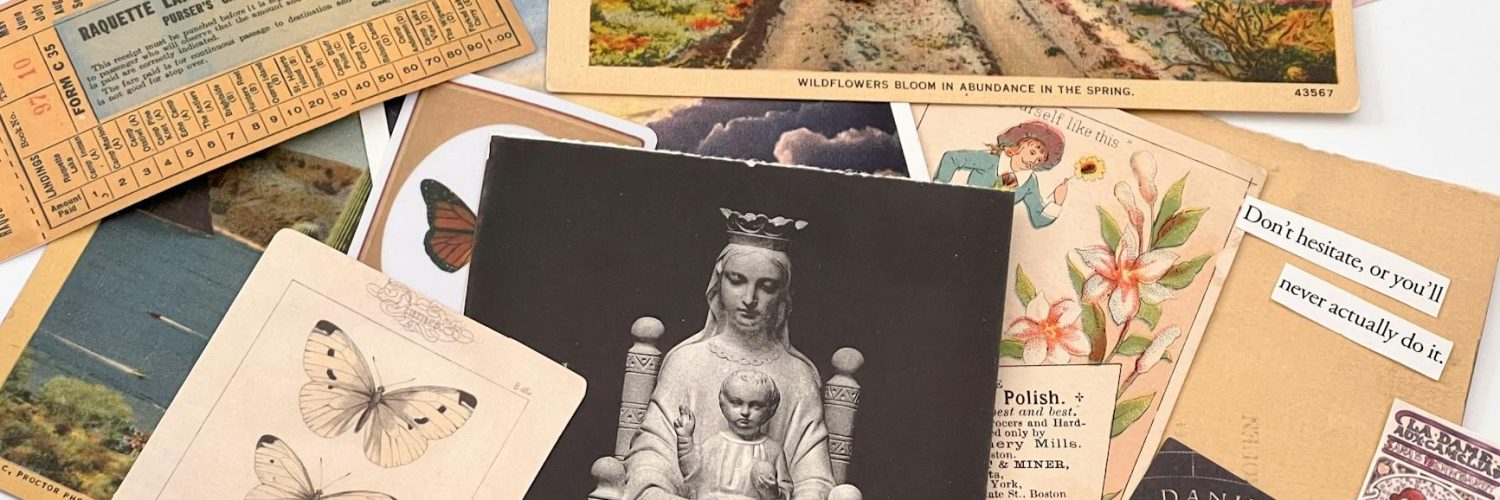Ever wondered why we celebrate certain holidays, why we eat certain foods, or why we even do things the way we do? It’s often a tangled web spun from history, a messy mix of grand events and tiny coincidences. Let’s unravel some surprising connections between cultural practices and the historical events that shaped them – prepare for some seriously weird and wonderful historical tangents!
The Potato’s Surprisingly Spicy History
The humble potato. A staple in many cultures, a comfort food, a side dish, a main course. But its journey to our plates is anything but humdrum. First cultivated in the Andes Mountains, the potato’s arrival in Europe wasn’t a smooth affair. Initially met with suspicion (some thought it was poisonous!), it only gained widespread acceptance after the devastating Irish Potato Famine. Ironically, the famine was *caused* by over-reliance on a single potato variety, demonstrating a stark lesson about biodiversity and food security.
Odd fact: The potato’s rise in popularity coincided with a surge in the popularity of spicy food in Europe. While seemingly unrelated, both are linked to global trade expansion. The Columbian Exchange brought over not only potatoes but also an array of chili peppers, influencing culinary traditions across continents.
The Unexpected Legacy of the Black Death
The Black Death, a horrifying plague that ravaged Europe in the 14th century, left behind a legacy more nuanced than just death and despair. The massive loss of life drastically reshaped social structures. The labor shortage led to better wages and working conditions for the surviving peasants, inadvertently contributing to the decline of feudalism and the rise of a more robust merchant class. This seismic shift influenced everything from art and architecture to the very fabric of political systems.
Little-known origin: The widespread use of lavender and rosemary as household scents can be traced back to the Black Death. These herbs were believed to ward off the disease, a testament to the power of belief amidst a time of immense fear and uncertainty.
The Accidental Invention of Champagne
The bubbly celebration we call champagne wasn’t exactly invented on purpose. Dom Pérignon, the Benedictine monk often credited with its discovery, was actually trying to *prevent* the second fermentation that gives champagne its fizz. He was aiming for a still wine, but his experiments accidentally gave birth to a sparkling sensation that’s now synonymous with luxury and celebration. Talk about a happy accident!
Odd fact: The distinctive bottle shape of champagne – that tall, slender design – wasn’t always that way. That shape was developed purely to withstand the pressure of the carbonation process. This is a reminder that even aesthetics can owe their origins to pure practicality.
The Curious Case of the Fork
The ubiquitous fork, a seemingly simple utensil, has a surprisingly late entry into the world of dining. While spoons and knives had been around for centuries, the fork was initially considered a fussy, overly-refined tool. Its adoption was gradual, with its use initially confined to the elite and slowly filtering down to the rest of society. This social evolution mirrors the broader changes in table manners throughout history.
Little-known origin: The fork’s popularity wasn’t just a matter of practicality; it also became a status symbol. Owning a fork, especially one made of precious metals, was a display of wealth and sophistication.
Clocks and the Rise of Capitalism
You might not immediately connect clocks with capitalism, but they are inextricably linked. The reliable measurement of time, provided by increasingly accurate clocks, revolutionized work and production. The standardization of time allowed for more efficient work schedules, mass production, and ultimately, the rise of industrial capitalism. The ability to precisely track time transformed society.
Odd fact: Before widespread clock usage, the concept of time was much more fluid and localized. Workdays often followed natural rhythms, tied to sunrise and sunset. The standardization of time imposed a very different rhythm onto society—a rhythm that persists even today.
Tea’s Global Impact
Tea, beyond its invigorating properties, has a long and complex history that weaves through global politics and culture. The East India Company’s dominance in the tea trade shaped Britain’s global empire, sparking conflicts and fueling colonial expansion. The subsequent demand for tea in various cultures led to the development of unique tea ceremonies and customs within different societies.
Little-known origin: The British love for tea wasn’t instantaneous. Initially, it faced resistance as coffee was more popular. However, the marketing strategies employed along with the availability of tea from its colonies helped it secure its place in British culture. History's Hidden Handshakes: Unexpected Connections Between Culture and the Past
In conclusion, the history of culture isn’t a neat and tidy narrative. It’s a vibrant tapestry woven from threads of grand historical events, happy accidents, and surprising coincidences. By exploring these unexpected connections, we gain a richer and more nuanced understanding of the world around us and the quirky past that shaped our present.
























Add comment